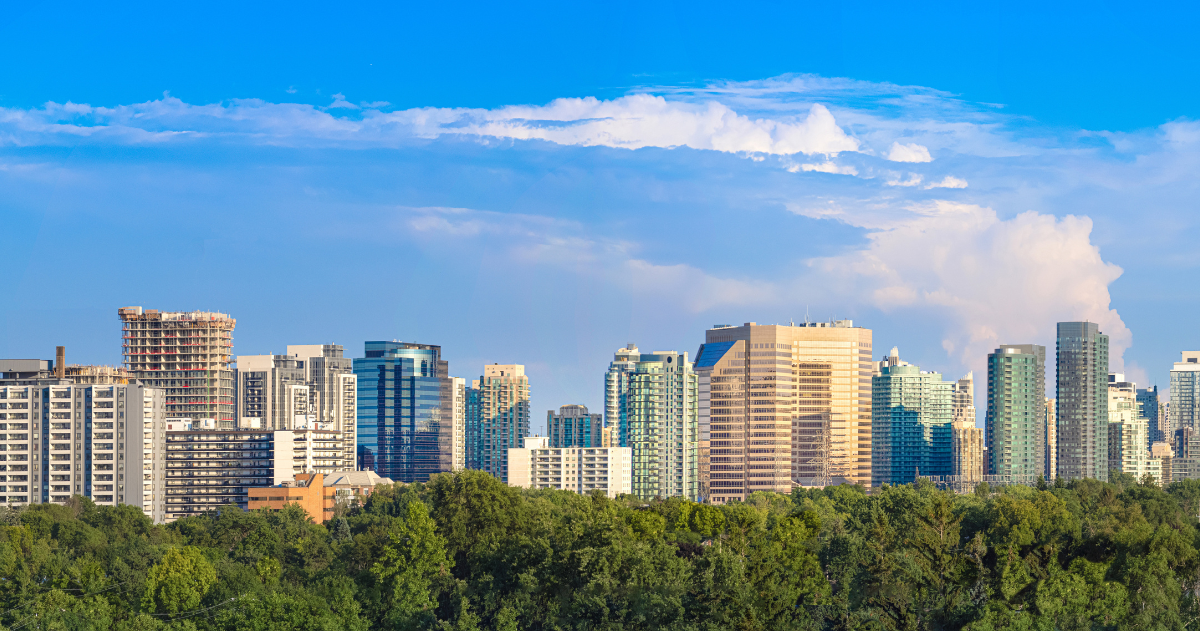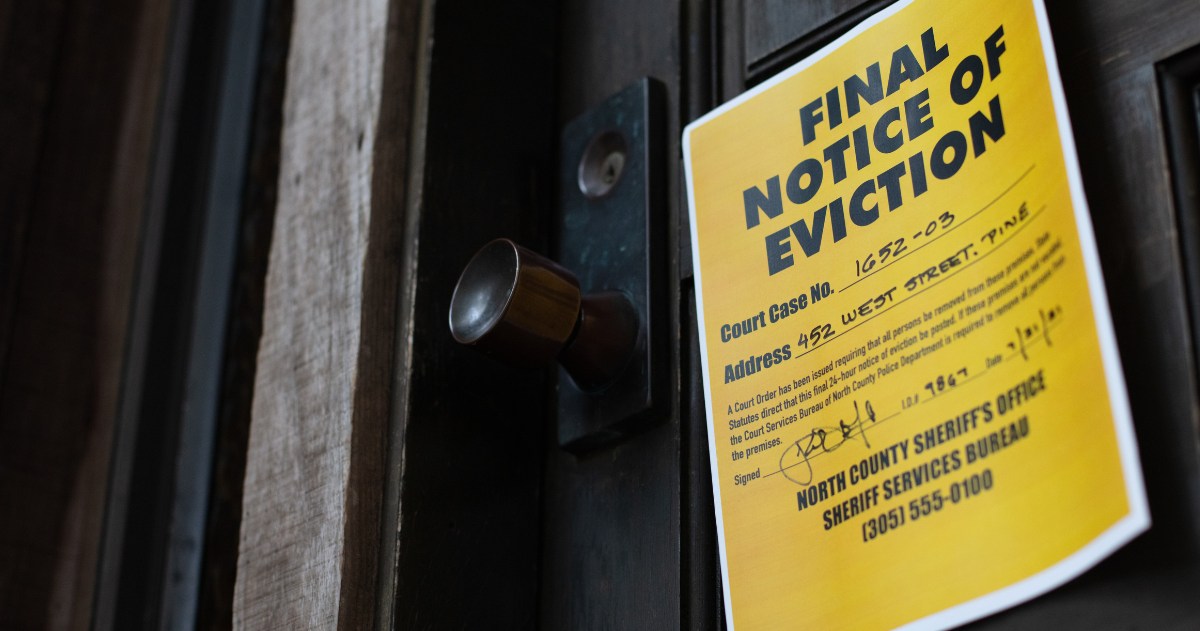The Ontario Residential Tenancies Act (RTA) was recently amended by the new Rental Fairness Act to keep landlords from raising rents unfairly. While we’ve discussed the new Rental Fairness Act, it’s important to point out the pitfalls of the new rules, particularly for small landlords which the amendments unfairly target. Here are specific traps that you need to avoid under the new rules.
-
Don’t include utilities in rent
Before the new rules were passed, landlords were allowed to increase rent if utilities costs were increased. Given the Ontario government’s recent lowering of hydro costs, and its plans to raise them again in a few years, it isn’t a good idea to include any utilities at all in rent anymore where it can be avoided. And not just hydro – you don’t know when water or other utility costs will be spiked, so it’s best to leave them out of your contract and have the tenant pay for them directly. You never know when the tenant you have is going to stay or leave, and if they are a long-term tenant, it will be impossible to recover these costs.
-
Only evict tenants for your use of the unit if you actually plan on using it
It is now possible for tenants to lodge a complaint against you if you evict them because you or your family plans on moving into the unit and you sell, demolish or change the use of the property after they are out. You have to wait at least a year after the tenant moves out to do anything other than move into the unit. This is especially maddening as it almost means your property isn’t yours to do with as you wish for at least a year – and many things can change in a year. Even still, it is the law and you must now abide by it. This rule was commonly used to get rid of tenants landlords didn’t like, and it can’t be used for that purpose anymore.
-
Watch out for the new standard lease form
While this portion of the Act hasn’t yet been put into force, the government’s prescribed standard lease form must be used when it does. Failure to use the standardized form will result in a justified non-payment of rent for a month until the landlord provides the proper form. And of course, there is no word on when the new form is coming – to stay up to date, join the Ontario Landlords Association or keep googling government websites. You can bet tenants will find and use this loophole if you don’t stay sharp and keep on top of it.
-
You can’t claim unpaid rent as “damages” anymore
Landlords used to try to claw back unpaid rent as “damages” when a tenant moved out. This is no longer legal. Damages must be actual damages to the property. This holds true even when the tenant leaves in bad faith and does not pay rent. Landlords must go through the usual channels with the Landlord and Tenants Board to recover unpaid rent.
If you would like to avoid these pitfalls, hire a property management company like Highgate to manage your Toronto or GTA rental property. We’re on top of all of these new changes to the RTA and will ensure that your property makes you money and doesn’t cost you any.





